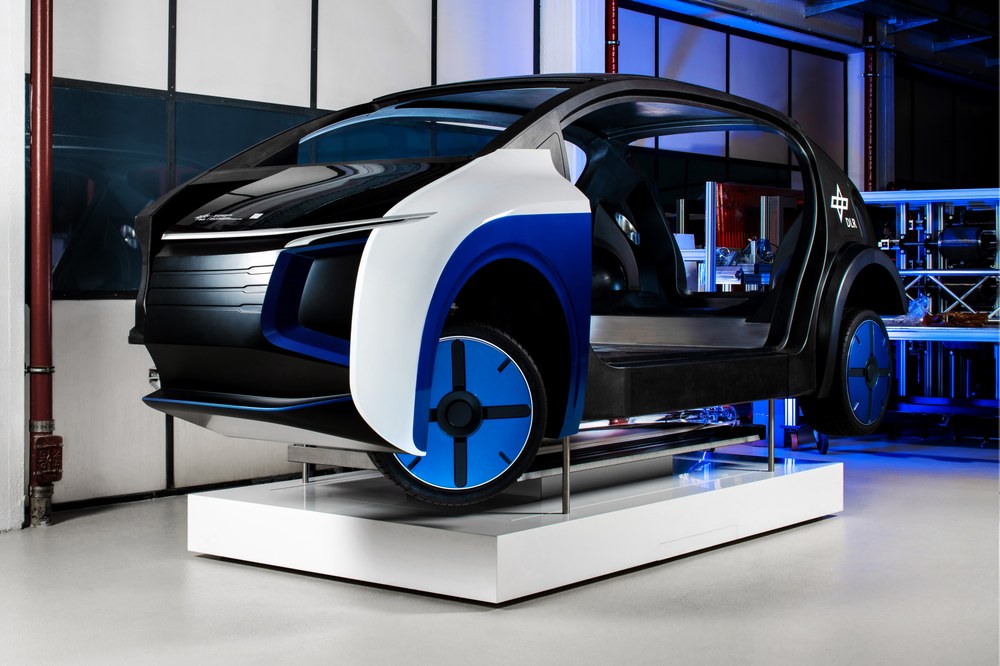Business area Transport

Whether by road, rail or sea - our Transport business unit acts as a central hub for all of our institute's transport research activities. Our focus is on developing and advancing innovative lightweight system solutions for the mobility of the future.
Our research covers various areas such as the application of sustainable materials and modern manufacturing technologies, the implementation of structural health monitoring systems on critical structures in real applications and research into new approaches in the field of continuous fibre-reinforced 3D printing.
We are also working on the development of sustainable cardboard moulds that can be used for the production of large-scale fibre composite structures. These environmentally friendly moulds not only help to reduce resource consumption and waste, but also enable the cost-efficient production of composite materials.
We also focus on the development of innovative manufacturing concepts and evaluation concepts for hydrogen tanks. Thanks to our broad cross-industry experience and test infrastructure, we are able to deliver innovative, high-quality solutions. In addition, we actively promote technology transfer with our partners from industry and research. We contribute our expertise to relevant committees in order to promote the exchange of knowledge and drive forward the implementation of innovative solutions.
Our holistic approach aims to improve efficiency, sustainability and safety in the transport sector and make a measurable contribution to shaping a future-orientated mobility landscape. Our aim is to make the transport sector fit for the challenges of tomorrow and ensure sustainable mobility for future generations.
